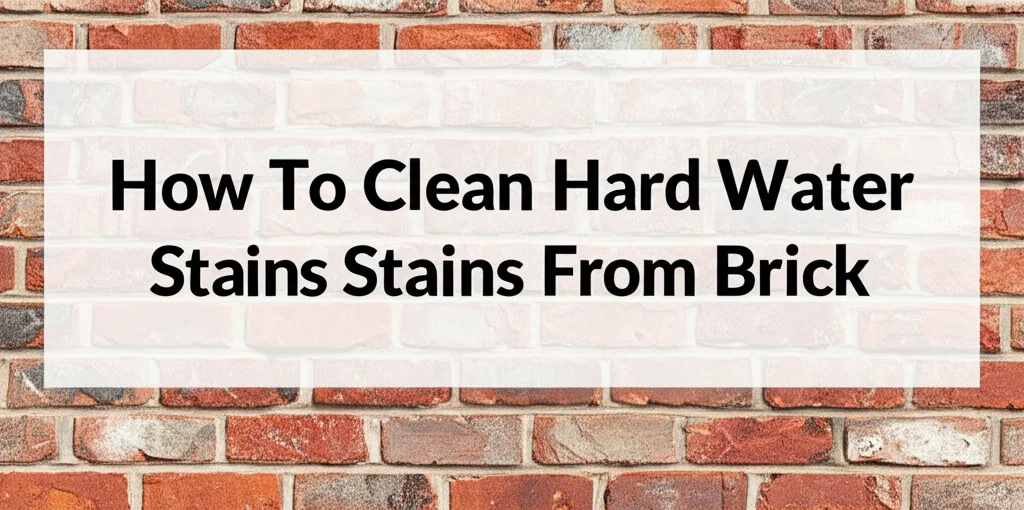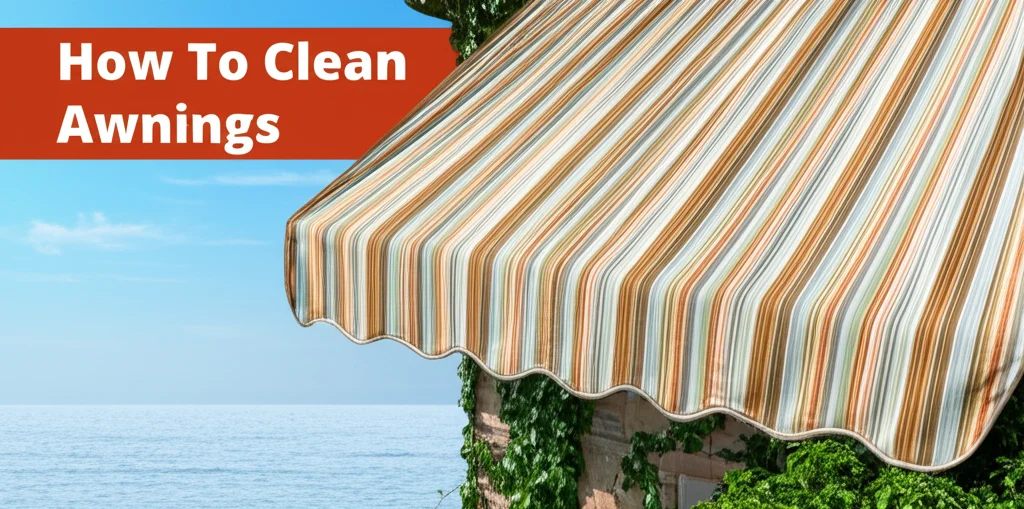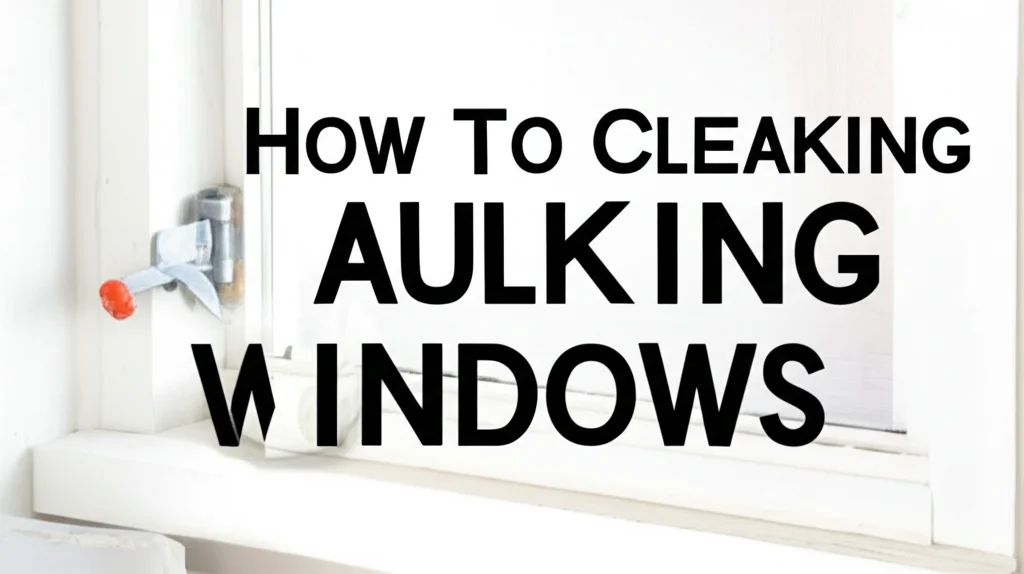· Home Improvement · 7 min read
How To Clean Hard Water Stains From Brick

Removing Hard Water Stains From Brick: A Step-by-Step Guide
Have you noticed unsightly white or grayish streaks on your brick surfaces? These are likely hard water stains, a common problem for exterior brickwork. Hard water contains dissolved minerals, like calcium and magnesium, that leave behind residue as the water evaporates. Don’t worry, restoring your brick isn’t as difficult as it looks! This article will guide you through effective methods to clean hard water stains from brick, bringing back its original appearance. We’ll cover everything from identifying the stains to choosing the right cleaning solutions and techniques.
Quick Answer: To clean hard water stains from brick, mix a solution of white vinegar and water (1:1 ratio), apply it to the stains, let it sit for 10-20 minutes, scrub gently with a soft brush, and rinse thoroughly with clean water.
Takeaway:
- Identify the type of brick you have.
- Always test cleaning solutions in an inconspicuous area first.
- Gentle scrubbing is key to avoid damaging the brick.
- Rinse thoroughly to remove all traces of cleaning solution.
Understanding Hard Water Stains on Brick
Before diving into cleaning, it’s helpful to understand how these stains form. Hard water, prevalent in many regions, leaves mineral deposits on surfaces as it dries. Brick, being porous, readily absorbs water, and these minerals become trapped within the brick’s structure. Over time, this buildup creates visible stains that detract from your home’s curb appeal. Recognizing the signs of hard water stains – typically white, chalky deposits – is the first step toward effective removal.
These stains aren’t just cosmetic; they can also contribute to the deterioration of the brick over time. The mineral deposits can trap moisture, leading to potential issues like efflorescence (a white, powdery salt deposit) or even freeze-thaw damage in colder climates. Regular cleaning can prevent these problems and extend the life of your brickwork. If you’re also dealing with grime on other surfaces, you might find this guide on how to clean kitchen mats helpful.
Identifying Your Brick Type
Different types of brick require different cleaning approaches. Knowing your brick type is crucial to avoid damage. Common brick types include:
- Common Brick: The most widely used, often reddish-brown, and relatively durable.
- Facing Brick: Used for exterior walls, offering a more aesthetically pleasing appearance. These can be more delicate.
- Glazed Brick: Coated with a glassy finish, requiring gentle cleaning methods.
- Clinker Brick: Overburned bricks with a darker, vitrified surface.
To determine your brick type, examine its color, texture, and overall appearance. If you’re unsure, consult a masonry professional. Using the wrong cleaning method on a delicate brick type can cause discoloration, etching, or even structural damage. For other flooring issues, consider checking out how to clean linoleum floors with ground-in dirt.
The Vinegar Solution: A Gentle Approach
White vinegar is a fantastic, natural cleaner for hard water stains. Its acidity helps dissolve the mineral deposits without harsh chemicals. To create a cleaning solution, mix equal parts white vinegar and water in a spray bottle. This diluted solution is effective yet gentle enough for most brick types.
Here’s how to use the vinegar solution:
- Test: Apply the solution to a small, inconspicuous area of the brick to ensure it doesn’t cause discoloration.
- Apply: Spray the solution liberally onto the hard water stains.
- Wait: Allow the solution to sit for 10-20 minutes, giving it time to break down the mineral deposits.
- Scrub: Gently scrub the area with a soft-bristled brush, like a nylon scrub brush. Avoid using metal brushes, as they can scratch the brick.
- Rinse: Thoroughly rinse the area with clean water to remove all traces of vinegar.
Using Commercial Brick Cleaners
For stubborn stains, you might consider a commercial brick cleaner. These cleaners are specifically formulated to remove various types of stains from brick surfaces. However, it’s essential to choose a cleaner that’s appropriate for your brick type and follow the manufacturer’s instructions carefully.
Look for cleaners labeled as “brick cleaner” or “masonry cleaner.” Avoid harsh chemicals like muriatic acid, which can damage brick. Always wear gloves and eye protection when using commercial cleaners. Before applying the cleaner to the entire surface, test it in an inconspicuous area to ensure it doesn’t cause discoloration or damage. If you’re dealing with other tough stains, you might find how to get grease out of carpet useful.
The Power of Baking Soda Paste
Baking soda is another natural cleaning agent that can help remove hard water stains. It’s mildly abrasive, making it effective at lifting stains without damaging the brick. To create a baking soda paste, mix baking soda with a small amount of water until you achieve a thick, spreadable consistency.
Here’s how to use the baking soda paste:
- Apply: Apply the paste directly to the hard water stains.
- Wait: Let the paste sit for 15-30 minutes.
- Scrub: Gently scrub the area with a soft-bristled brush.
- Rinse: Thoroughly rinse the area with clean water.
Baking soda is particularly effective on lighter stains and can be used in conjunction with the vinegar solution for more stubborn deposits.
Preventing Future Hard Water Stains
Once you’ve cleaned the hard water stains, taking steps to prevent them from returning is crucial. Consider these preventative measures:
- Water Softener: Installing a water softener can remove the minerals that cause hard water stains.
- Drainage: Ensure proper drainage around your brickwork to prevent water from pooling.
- Sealer: Applying a brick sealer can create a protective barrier against water absorption.
- Regular Cleaning: Regularly clean your brick surfaces to remove any developing stains before they become stubborn.
By implementing these preventative measures, you can keep your brick looking its best for years to come. Maintaining your home’s cleanliness extends beyond brick; you might also want to explore how to clean a futon mattress of urine for comprehensive home care.
FAQ About Cleaning Hard Water Stains From Brick
Q: Can I use bleach to clean hard water stains from brick?
A: No, bleach is not recommended for cleaning brick. It can damage the brick and cause discoloration. It’s best to stick to gentler methods like vinegar or baking soda.
Q: How often should I clean hard water stains from brick?
A: The frequency of cleaning depends on the severity of the hard water and the amount of exposure to water. Generally, cleaning once or twice a year is sufficient.
Q: Will power washing damage my brick?
A: Power washing can damage brick if not done correctly. Use a low-pressure setting and a wide nozzle to avoid etching the brick. It’s often best to avoid power washing altogether and opt for gentler cleaning methods.
Q: What if the stains are really stubborn and won’t come off?
A: For extremely stubborn stains, you may need to repeat the cleaning process several times or consult a professional masonry cleaner. They have specialized equipment and cleaning solutions that can tackle tough stains.
Conclusion
Cleaning hard water stains from brick is a manageable task that can significantly improve your home’s appearance. By understanding the causes of these stains, identifying your brick type, and using the appropriate cleaning methods, you can restore your brickwork to its original beauty. Remember to always test cleaning solutions in an inconspicuous area first and rinse thoroughly after cleaning. Preventative measures, like installing a water softener and ensuring proper drainage, will help keep those unsightly stains from returning. Don’t hesitate to seek professional help if you’re dealing with particularly stubborn stains or are unsure about the best approach for your brick. Keeping your brick clean is an investment in your home’s long-term value and curb appeal.




